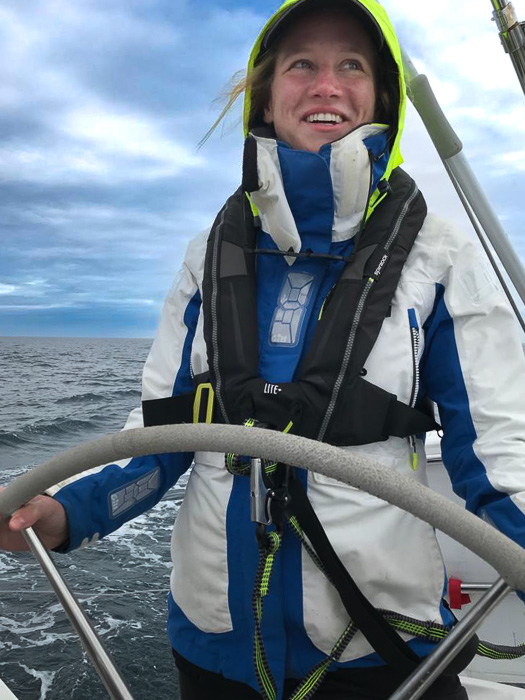Daniela Baumgaertl
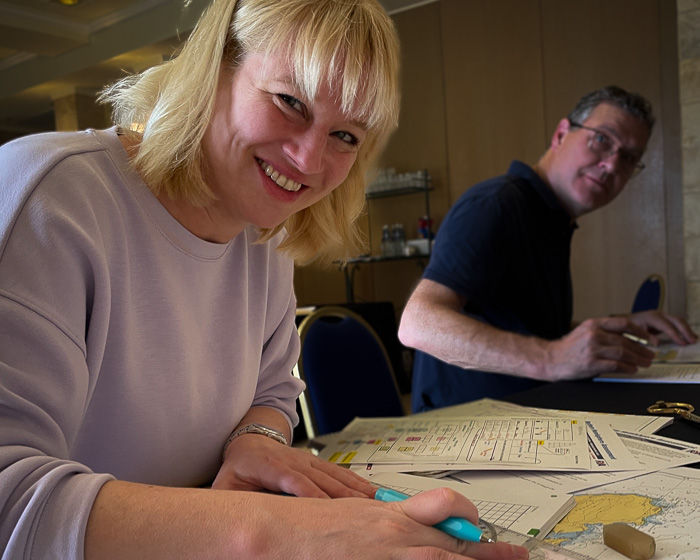
I came to the Yachtmaster Offshore Theory course fairly well prepared – Leon emphasised that we know ALL the Colregs by heart, so we don’t spend our evenings on the island learning lights and shapes. Also, I refreshed some of my German Sportküstenschifferschein memories in beforehand, as well as my practical knowledge gained in the past years in tidal and non-tidal waters. Still, I was excited when heading to the “Bastion Suite” of the Corinthia hotel in the first morning.
But no need to worry at all: The newbies in the “Reginasailing family” were greeted with so much warmth and attentiveness. Leon certainly has an eye for putting together a group and making everyone feel welcome and appreciated. We were 13 participants from all age levels, with different backgrounds and sailing experience (and boats) – and I dare to say: I would head out to uncharted territories (without the GPS working) with any of them.
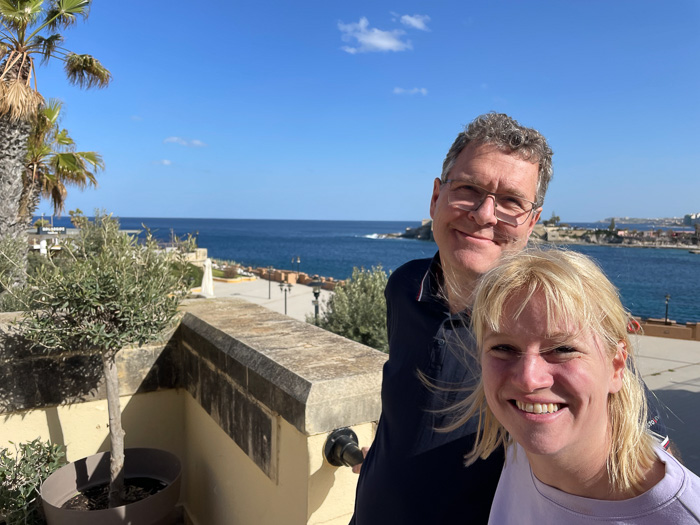
It’s certainly not a beginners’ course. It was intense – our heads were spinning from different time zones, estimated positions (and Colregs:) - but it was also so much fun. Leon’s way of teaching is thorough but entertaining, and very generous. He came so well prepared, with carefully composed slides and his own “Leon's templates”, e.g. for secondary port calculations or passage planning (and, not to forget, his newest updated version now also including time zones). He shares a lot of his personal experience (in life and in sailing), and always tried to make sure that we all understand the crucial points.
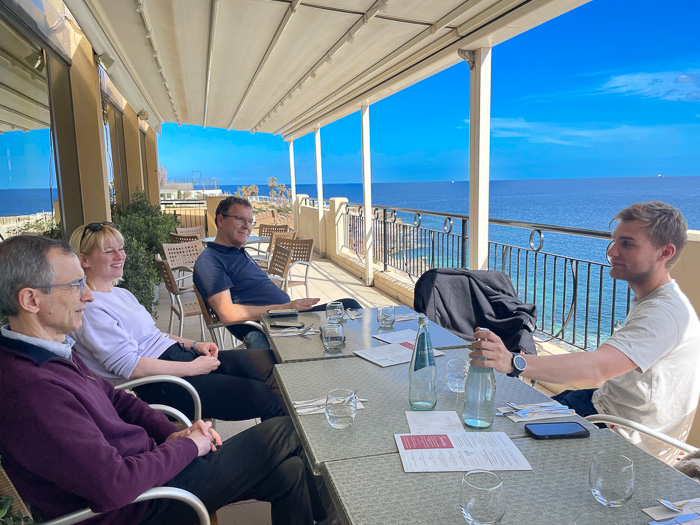
Compared to the German system, the SSS or the SKS, the Yachtmaster is more focused on the practical side – which doesn’t mean you don’t have to know the essentials. A big focus of the course was on navigation, tidal calculation and the maths (and myths) of currents – “playing the tides”, as the English say. I very much liked the fact that Leon tried to encourage us to be proper seamen (and women): instead of insisting on “overly correct” interpolation. For example, he wanted us to be able to decide when it is important to be precise and when one degree or two don’t matter so much.
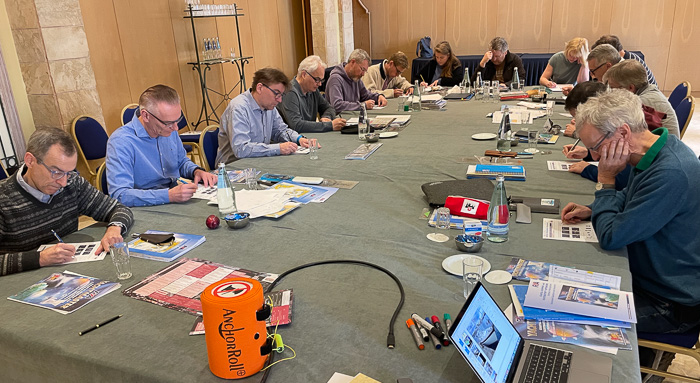
We had to pass three assessments during the week, but even these tests were fun (yes, even the Colregs one:). The third one – the pinnacle – was an extended exercise on passage planning, which we had to prepare as a “homework” the night before, gathering information on weather, currents, VHF frequencies or marinas, just like in “real life”! The next day, we “executed” the plan on the chart with some difficulties showing up, like the need to seek refuge after a leaking sea-cock and water intake.
In the evenings, after the course, we were free to either explore the island or join the group for dinner (Leon had in advance booked restaurants for the group) – most of us decided for the latter since the atmosphere was so great and the sailing talk continued over a glass of wine (or two).
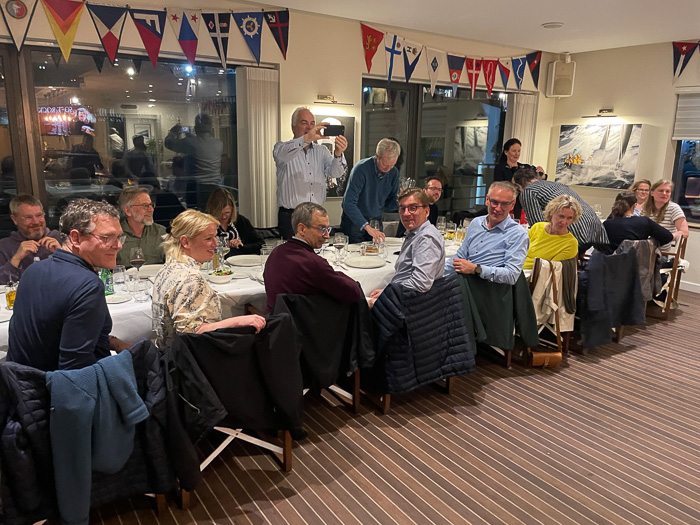
On the last evening, we all celebrated our new YM certificate in the famous Royal Malta Yacht Club. I really felt like I have become a part of the Reginasailing family. I am looking forward to hopefully soon go sailing with the Regina Laska and learn more on proper seaman (and seawoman)-ship…
Daniela Baumgaertl, Germany, RYA Yachtmaster Offshore shore-based course 2023
